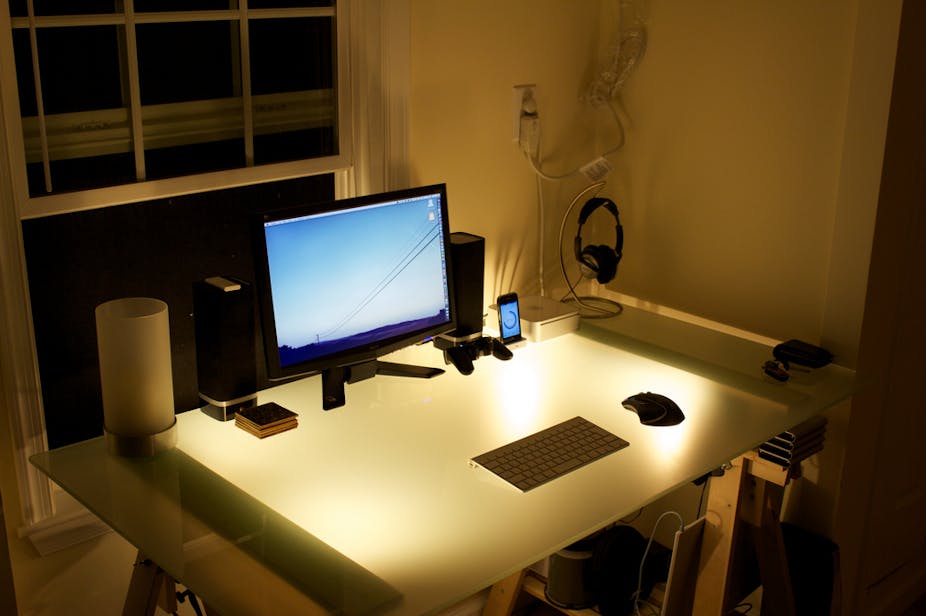Is it ok to use sunbeds? Do mobile phones cause brain cancer? Should I cut out carbs? Is it safe to eat genetically modified food? Is this a “normal” symptom?
Chances are that you’ll turn to the web for answers. The internet has quickly become the whole world’s largest medical library and more of us are using online sources to find out information about our health.
There are lots of positives to this including quick and free access (especially for people in remote or impoverished areas) and the chance for us all to learn more about our health. Accurate, reliable health information is also empowering and can help prevent disease.
Products to sell?
But there are also potential pitfalls; anonymous users making questionable contributions to debates, a lower-quality threshold for publishing, the large number of agents trying to market products online and the scarcity of source, and author information, makes the internet a tricky place to find straight answers about health.
The conflicting nature of health information on the web coupled with uncritical reading can lead to fragmented, one-sided or incorrect views of matters of importance, with potentially negative health implications, unnecessary anxiety – or even “cyberchondria”, where people experience undue concern from information they have read online and may ultimately end up making unwise decisions.
Accessible information can also often be over-simplified, one-sided, and incorrect. In reality, medical information about health is highly complex, full of technical jargon, and seldom offers clear-cut answers. People searching for the quick fix of a definitive or “correct” answer may find themselves worse off.
Take sunlight and skin cancer, for example. While too much sun can cause cancer, too little can cause a deficiency of vitamin D and related problems like childhood rickets. Someone worried about cancer can find a wealth of information to support their worries and follow this religiously when the issue is more complex.
How we surf
We have a propensity to rely on information that seems more comprehensible) or familiar and to overlook anomalies when it comes to “researching”.
As knowledgeable as we all now are, some conflicts are beyond the grasp of those of us without medical training. And this illusion can be difficult to see through. This is exacerbated by a growing tendency to read on small screens or smart phones – diagnosis on the go – which makes it easier to skim for key words while ignoring important nuances.
This may also lead to a lack of attention to source information, including authors’ possible motives for publishing online (such as capitalising on people’s worries or having products to sell).
People may also be more likely to rely on information that aligns with their own gut feeling, or what feels right, and actually pay less attention to the written information that they find. Like the pupils we asked to read digital texts about sun exposure and vitamin D – those who had least knowledge about the subject also had a stronger belief in their own opinions and scored lowest on a test of their comprehension of the matter.
Critical decisions
Increased access to technology, as well as greater individualism, means we not only have instant information at our fingertips, we now have to act it to make decisions about our lives.
This is a good thing. But we need to remain critical, be able to cross-reference and know when we need more professional help and advice. It is inadvisable to rely on single, simple sources. Check multiple information sources, build a coherent picture that includes the ifs and buts and make notes of where the information comes from – and how different sources relate to one another.
This type of reading requires basic reading skills (such as fluency and adequate vocabulary), as well as will (or motivation) to engage with the source of information and other more developed skills in identifying and using source information.
Other useful strategies include learning how to locate and use reliable sources. Given the different levels of digital competence in today’s world, there may also be a need for more generationally suitable guidelines on how to relate to online health information and when to seek professional help rather than just engaging in self-diagnosis.
There is a move towards making us more responsible for our healthcare – from remote reporting, such as telecare to patient involvement in decision making. But “the internet library” is a vast source of information than we all turn to. To make the most of it, we have to learn how to sort the wheat from the chaff.

